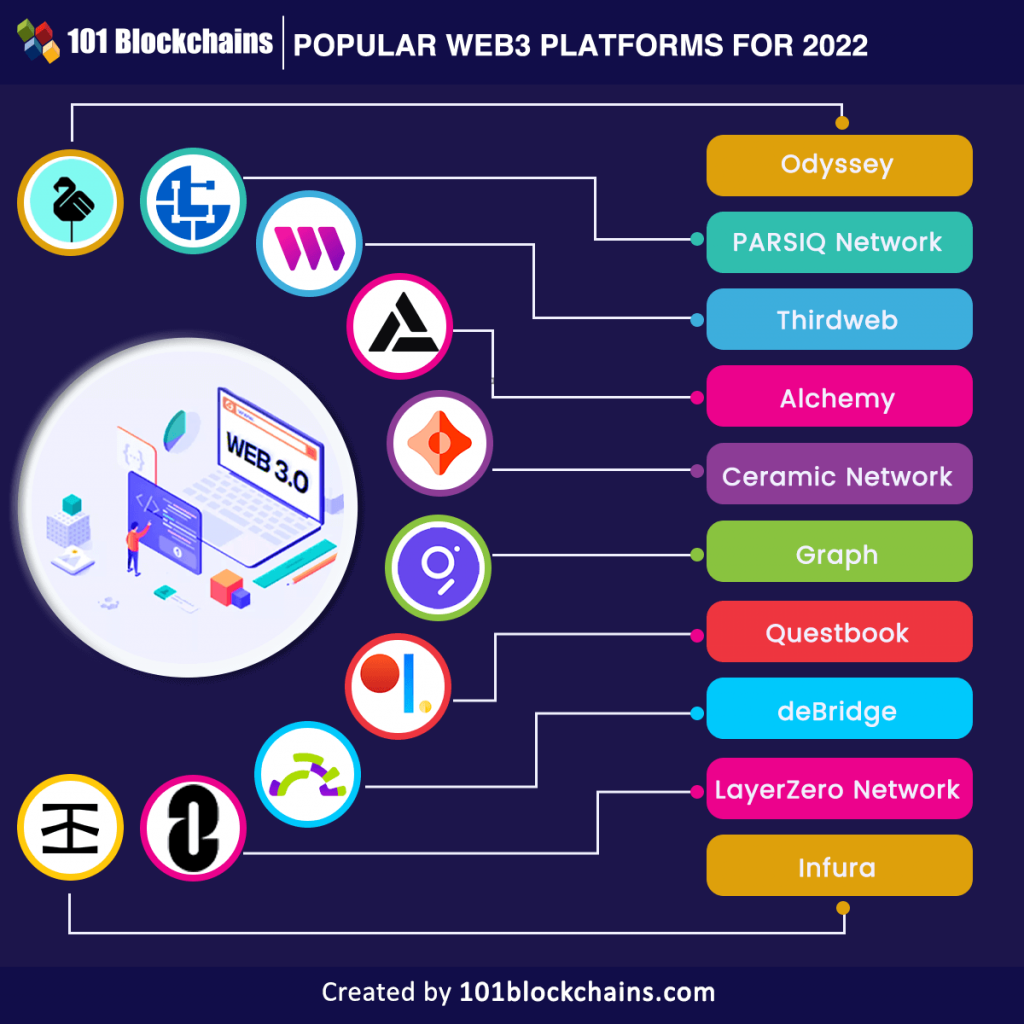
Unlocking the Power of AI: Top Applications & Real-World Use Cases Explained for Beginners
Artificial Intelligence (AI) isn’t just a buzzword from sci-fi movies anymore; it’s an integral part of our daily lives, quietly powering many of the technologies we rely on. From the recommendations on your favorite streaming service to the voice assistant on your phone, AI is everywhere.
But what exactly are AI applications and AI use cases? Simply put, AI applications are the software programs or systems that use artificial intelligence to perform tasks that typically require human intelligence. AI use cases, on the other hand, describe the specific scenarios or problems that these applications are designed to solve in the real world.
This comprehensive guide will break down the fascinating world of AI applications and their diverse use cases, making it easy for anyone, even complete beginners, to understand how AI is transforming industries and our everyday experiences.
What Exactly Are AI Applications & Use Cases?
Let’s start with a simple analogy. Think of AI like a powerful engine.
- An AI Application is like a vehicle built with that engine – say, a car, a truck, or a motorcycle. Each vehicle is designed for a different purpose (transporting people, goods, or racing), but they all use the same core engine technology.
- An AI Use Case is how you actually use that vehicle in a specific situation – driving to work, delivering packages, or going on a road trip.
In the world of AI:
- AI Applications are the finished products or systems, such as a "chatbot," a "recommendation engine," or "facial recognition software."
- AI Use Cases are the practical, real-world problems they solve. For example, a chatbot’s use case might be "providing 24/7 customer support," while a recommendation engine’s use case is "helping users discover new products."
AI applications typically leverage various AI technologies, including:
- Machine Learning (ML): Teaching computers to learn from data without being explicitly programmed.
- Deep Learning (DL): A subfield of ML that uses neural networks inspired by the human brain.
- Natural Language Processing (NLP): Enabling computers to understand, interpret, and generate human language.
- Computer Vision (CV): Allowing computers to "see" and interpret visual information from images and videos.
B. Diverse AI Applications & Their Real-World Use Cases Across Industries
AI is not confined to one sector; its versatility means it’s being adopted across virtually every industry, bringing unprecedented levels of efficiency, accuracy, and innovation.
1. Customer Service & Experience
- AI Application: Chatbots & Virtual Assistants
- Use Cases:
- 24/7 Customer Support: Answering frequently asked questions, guiding users through processes, and resolving common issues without human intervention.
- Lead Generation: Engaging website visitors, qualifying potential customers, and scheduling appointments.
- Personalized Service: Providing tailored information or recommendations based on a user’s past interactions.
- Use Cases:
- AI Application: Sentiment Analysis Tools
- Use Cases:
- Understanding Customer Feedback: Analyzing text from reviews, social media, and surveys to gauge customer emotions (positive, negative, neutral) about products or services.
- Brand Monitoring: Tracking public perception of a brand in real-time.
- Use Cases:
2. Healthcare & Medicine
- AI Application: Diagnostic & Image Analysis Systems
- Use Cases:
- Disease Detection: Analyzing medical images (X-rays, MRIs, CT scans) to detect anomalies like tumors, fractures, or other conditions with greater accuracy and speed than human eyes alone.
- Early Diagnosis: Identifying patterns in patient data that might indicate the early onset of diseases like Alzheimer’s or Parkinson’s.
- Use Cases:
- AI Application: Drug Discovery & Development Platforms
- Use Cases:
- Accelerating Research: Sifting through vast databases of chemical compounds and biological data to identify potential drug candidates much faster than traditional methods.
- Predicting Drug Efficacy: Simulating how new drugs might interact with the human body, reducing the need for costly and time-consuming lab experiments.
- Use Cases:
- AI Application: Personalized Treatment Plans
- Use Cases:
- Tailored Therapies: Analyzing a patient’s genetic makeup, medical history, and lifestyle to recommend the most effective treatments and dosages.
- Chronic Disease Management: Monitoring patient data from wearables and other devices to provide proactive health advice and intervention.
- Use Cases:
3. Finance & Banking
- AI Application: Fraud Detection Systems
- Use Cases:
- Real-time Transaction Monitoring: Identifying suspicious patterns in credit card transactions, online banking activities, or insurance claims that indicate potential fraud.
- Anomaly Detection: Flagging unusual financial behavior that deviates from a user’s typical spending habits.
- Use Cases:
- AI Application: Algorithmic Trading Platforms
- Use Cases:
- Automated Trading: Executing trades in financial markets at high speeds based on complex algorithms and market data analysis.
- Risk Management: Analyzing market trends and news to predict potential risks and optimize investment portfolios.
- Use Cases:
- AI Application: Credit Scoring & Loan Assessment
- Use Cases:
- Fairer Lending Decisions: Analyzing a broader range of data points beyond traditional credit scores to assess an applicant’s creditworthiness, potentially including non-traditional data for those with limited credit history.
- Streamlined Approvals: Automating the loan application and approval process, making it faster and more efficient.
- Use Cases:
4. Manufacturing & Industry 4.0
- AI Application: Predictive Maintenance Software
- Use Cases:
- Preventing Machine Breakdowns: Analyzing data from sensors on machinery to predict when equipment is likely to fail, allowing for maintenance to be performed before a costly breakdown occurs.
- Optimizing Production: Ensuring continuous operation and reducing downtime in factories.
- Use Cases:
- AI Application: Quality Control & Inspection Systems
- Use Cases:
- Automated Defect Detection: Using computer vision to inspect products on assembly lines for flaws, scratches, or inconsistencies at speeds impossible for humans.
- Maintaining Standards: Ensuring every product meets specific quality benchmarks.
- Use Cases:
- AI Application: Robotics & Automation
- Use Cases:
- Assembly Line Automation: Robots performing repetitive tasks with precision and speed.
- Warehouse Logistics: Autonomous mobile robots (AMRs) navigating warehouses to move goods efficiently.
- Use Cases:
5. Retail & E-commerce
- AI Application: Recommendation Engines
- Use Cases:
- Personalized Product Suggestions: Analyzing a user’s browsing history, purchase patterns, and even what similar customers bought to suggest relevant products ("Customers who bought this also bought…").
- Content Discovery: Recommending movies, music, or articles based on user preferences.
- Use Cases:
- AI Application: Inventory Management & Demand Forecasting
- Use Cases:
- Optimizing Stock Levels: Predicting future demand for products based on historical sales data, seasonal trends, and external factors (like weather or news events) to avoid overstocking or stockouts.
- Supply Chain Efficiency: Streamlining the flow of goods from suppliers to customers.
- Use Cases:
- AI Application: Visual Search
- Use Cases:
- "Shop the Look": Allowing users to upload an image of an item (e.g., a dress they saw on social media) and find similar products available for purchase.
- Use Cases:
6. Transportation & Logistics
- AI Application: Autonomous Vehicles (Self-Driving Cars)
- Use Cases:
- Enhanced Safety: Reducing accidents caused by human error through advanced sensors and real-time decision-making.
- Efficient Transportation: Optimizing routes and traffic flow.
- Delivery Services: Autonomous trucks and drones for package delivery.
- Use Cases:
- AI Application: Route Optimization & Logistics Planning
- Use Cases:
- Efficient Delivery Routes: Calculating the fastest and most fuel-efficient routes for delivery fleets, considering traffic, weather, and delivery schedules.
- Warehouse Optimization: Managing the layout and operations of large warehouses for maximum efficiency.
- Use Cases:
7. Education
- AI Application: Personalized Learning Platforms
- Use Cases:
- Adaptive Learning Paths: Tailoring educational content and exercises to each student’s individual learning pace, strengths, and weaknesses.
- Targeted Feedback: Providing immediate and customized feedback to students on their assignments.
- Use Cases:
- AI Application: Automated Grading Systems
- Use Cases:
- Efficient Assessment: Automatically grading quizzes, multiple-choice tests, and even some essay questions, freeing up educators’ time.
- Use Cases:
8. Marketing & Sales
- AI Application: Targeted Advertising & Personalization
- Use Cases:
- Hyper-Personalized Ads: Delivering highly relevant advertisements to specific consumer segments based on their online behavior, demographics, and interests.
- Dynamic Pricing: Adjusting product prices in real-time based on demand, competitor prices, and customer behavior.
- Use Cases:
- AI Application: Lead Generation & Scoring
- Use Cases:
- Identifying High-Value Leads: Analyzing data to predict which potential customers are most likely to convert, allowing sales teams to focus their efforts.
- Automated Outreach: Personalizing initial contact emails or messages to leads.
- Use Cases:
9. Everyday Life & Consumer Technology
- AI Application: Voice Assistants (Siri, Alexa, Google Assistant)
- Use Cases:
- Information Retrieval: Answering questions, providing weather updates, playing music.
- Smart Home Control: Managing lights, thermostats, and security systems.
- Use Cases:
- AI Application: Spam Filters & Email Organization
- Use Cases:
- Blocking Unwanted Emails: Automatically identifying and filtering out spam, phishing attempts, and junk mail from your inbox.
- Email Prioritization: Categorizing emails and highlighting important messages.
- Use Cases:
- AI Application: Facial Recognition & Biometrics
- Use Cases:
- Unlocking Smartphones: Securely authenticating users to access their devices.
- Security & Surveillance: Identifying individuals in public spaces or for access control (with appropriate ethical considerations).
- Use Cases:
How AI Applications Deliver Value: The Core Benefits
Beyond the specific use cases, AI brings fundamental advantages that are driving its widespread adoption:
- Increased Efficiency & Automation: AI can perform repetitive, data-intensive tasks much faster and more accurately than humans, freeing up human workers for more complex and creative roles.
- Enhanced Accuracy & Reduced Errors: By analyzing vast datasets and identifying subtle patterns, AI systems can make predictions and decisions with a level of precision that minimizes human error.
- Cost Savings: Automation, optimized processes, and reduced waste (e.g., in manufacturing or inventory) often lead to significant operational cost reductions.
- Superior Personalization: AI allows businesses to understand individual customer preferences at scale, leading to highly tailored products, services, and marketing messages.
- New Insights & Innovation: AI’s ability to process and find patterns in massive amounts of data can uncover previously hidden insights, leading to new discoveries, business models, and innovative solutions.
- Improved Decision-Making: By providing data-driven insights and predictions, AI empowers individuals and organizations to make more informed and strategic decisions.
Getting Started with AI: Don’t Be Intimidated!
As you can see, AI applications and use cases are incredibly diverse and impactful. While the underlying technology can be complex, understanding how AI is being used in the real world is the first step to appreciating its power.
If you’re interested in diving deeper:
- Explore Familiar Tools: Pay attention to how AI might be enhancing the apps and services you already use daily.
- Read More: Follow reputable tech news sources that cover AI developments.
- Consider Online Courses: Many platforms offer beginner-friendly introductions to AI concepts and applications.
The world of AI is constantly evolving, and by grasping these fundamental applications and use cases, you’re well on your way to understanding this transformative technology.
Meta Description Suggestion: Discover top AI applications & real-world use cases explained for beginners. Learn how AI is used in healthcare, finance, retail, customer service & more to boost efficiency & innovation.
![]()


Post Comment